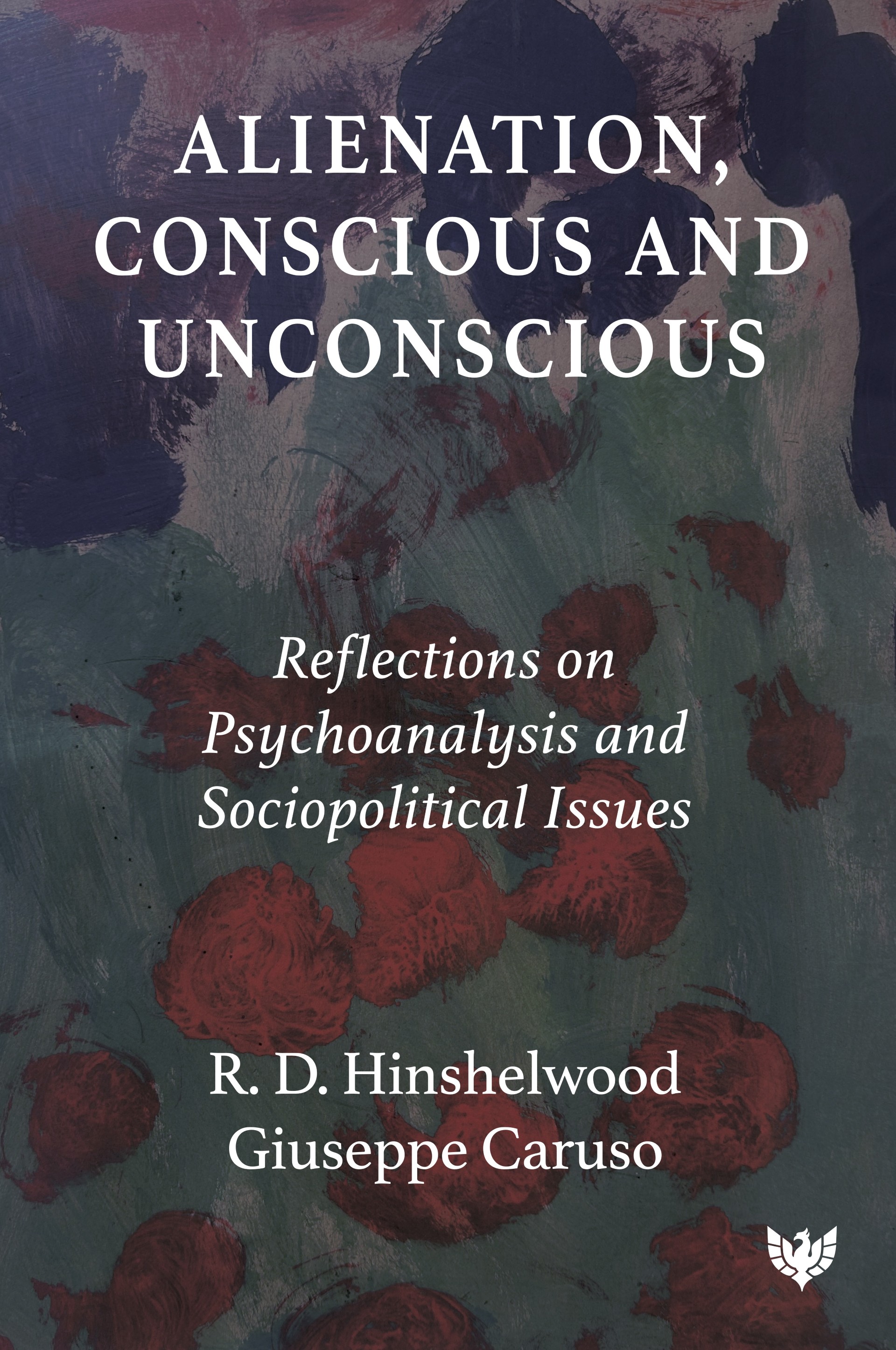The Letters of Sigmund Freud to Eduard Silberstein, 1871-1881

Book Details
- Publisher : Harvard U.P.
- Published : 1992
- Category :
Psychoanalysis - Catalogue No : 5664
- ISBN 13 : 9780674528284
- ISBN 10 : 067452828X
Also by Sigmund Freud
On Murder, Mourning and Melancholia
Price £12.99
Beyond the Pleasure Principle
Price £22.25
Our Customers Average Rating
Read all reviews (1)





A collection of Freud's early correspondence with his
About the Author(s)
Sigmund Freud was born in 1856 in Moravia; from 1860 until Hitler's invasion of Austria in 1938 he lived in Vienna. He was then forced to seek asylum in London, where he died the following year. He began his career as a doctor, specialising in work on the anatomy and physiology of the nervous system. He was almost thirty when his interests first turned to psychology, and during ten years of clinical work in Vienna he developed the practice of what he called ""psychoanalysis"". This began simply as a method of treating neurotic patients by investigating their minds, but it quickly grew into an investigation of the workings of the mind in general, both ill or healthy. Freud demonstrated the normal development of the sexual instinct in childhood and, largely on the basis of an examination of dreams, arrived at his fundamental discovery of the unconscious forces that influence our everyday thoughts and actions. Freud's ideas have shaped not only many specialist disciplines, but have also influenced the entire intellectual climate of the last century.
Customer Reviews
Our customers have given this title an average rating of 5 out of 5 from 1 review(s), add your own review for this title.
Prado on 24/07/2014 23:58:42




 (5 out of 5)
(5 out of 5)
These letters are extremely usefull if we wish to understand the adolescent roots of psychoanalysis. We may find there the first written fantasy of Freud on the murder of women instead of the murder of the father, which then appear as a rationalisation against these more archaic fantasies. We also may find here the first formulation of an international organisation, the Academia de los Perros, created by Freud and Silberstein based on a novel by Cervantès. The International Psychoanalytical Association will later spring from there.
You may also like
Alienation, Conscious and Unconscious: Reflections on Psychoanalysis and...
R.D. Hinshelwood
Price £34.19
save £3.80










